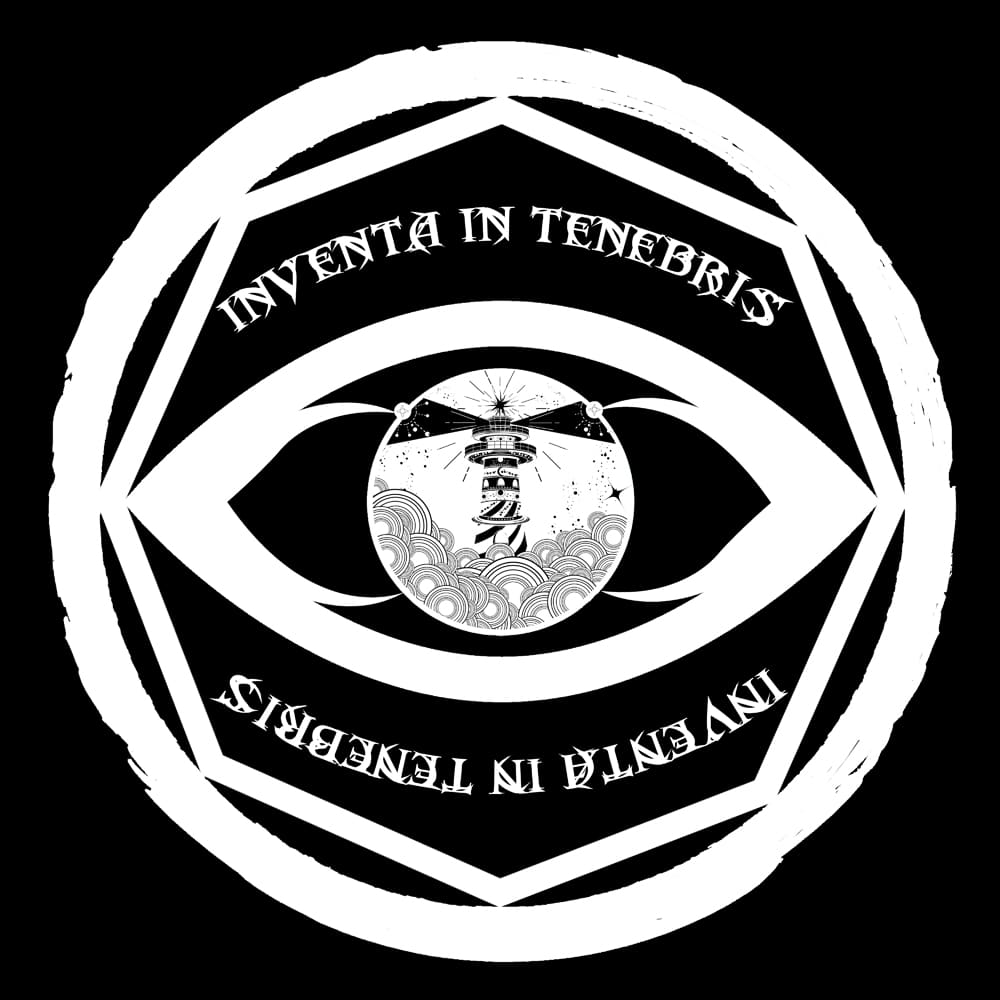I’m starting the new year with a guest from Gillian Polack. She’s been here before, has very interesting things to say and has a new book out. Take it away, Gillian.
Thank you, Alan, for hosting me. I thought I’d talk about the military side of my novel, because I rather suspect that anyone here is more interested in that side of thing than in how I worked out my time-travel technique for my new novel. Let me introduce my novel, however, and maybe me, so that it all makes sense.
I write cosy science fiction and fantasy. Some readers claim it has a bit of horror in it, while others think it’s got a sense of humour. I don’t see it as either humour or horror: I see it as about the stories of individuals. It doesn’t matter how big or small the landscape, my novels are about the small lives of people.
About the same time I started writing science fiction and fantasy (with just a smidgeon of horror and humour), I started becoming a historian. Eventually (meaning about 25 years ago) I became a Medievalist. To achieve this latter, I have many pieces of paper and can be rude in an astonishing number of languages, most of which are rather dead. Everyone but me assumed that it was inevitable that one day I would write a novel set in the Middle Ages. This is one of those circumstances where everyone but me was right, and I am eating so many words that I’ll soon be quite obese.
So, I’ve written a novel set in the Languedoc in 1305 (Langue[dot]doc 1305, published by Satalyte). The thing about the Middle Ages in western Europe is that they were religious, but the whole social system was underpinned by matters military. Knights were important not only in war, but in the legal system, for instance.
I decided to exploit this difference rather than to combat it and try to write modern. I have my modern characters, and one of them is enviably full of modern empathy and snark (my hero!) and the others are maybe a bit more mixed. Those modern characters (my time travellers) gave my readers guys they could identify with if they wanted, which meant I could be as historically proper as was possible for my Medieval characters and still the book would be readable.
I do a lot of research for my novels. I am research-prone the way some people are ice-cream prone. This means that when I thought “How the heck do I get Medieval military values and how they affect daily lives into a modern novel without it sounding absolute garbage?” I hit the books. “The books” in this case, were some lovely modern studies of Medieval masculinity and a bunch of work on what warfare was and how people dealt when they weren’t fighting and just what it all meant in social terms and how it affected the lives of individuals.
 Six months later, I was a bit more educated. It became really obvious to me that it wasn’t matter of my knight putting down his sword when not at war. He carried his values everywhere. Given the right trigger and he would see a military threat and would take proper action. ‘Proper action’ turned out to be something quite fascinating and shaped the plot. This was what I was after: I didn’t want to superimpose Medieval culture on a plot, I wanted to integrate it so that the plot could only happen the way it did in that place and at that time.
Six months later, I was a bit more educated. It became really obvious to me that it wasn’t matter of my knight putting down his sword when not at war. He carried his values everywhere. Given the right trigger and he would see a military threat and would take proper action. ‘Proper action’ turned out to be something quite fascinating and shaped the plot. This was what I was after: I didn’t want to superimpose Medieval culture on a plot, I wanted to integrate it so that the plot could only happen the way it did in that place and at that time.
This is when Langue[dot]doc 1305 became my kind of novel, where the landscape plays its own role and the cultures of the characters informs what they do and makes events happen. I love the potential uniqueness of novels.
There was an odd side to this. I had to be honest to my Medievalist self and not push for war when there was none. It turned out that there was no big military action. In fact, it’s the least action-related time travel novel I’ve ever seen. It turns out that Medieval masculinity and a military culture doesn’t mean battles and fighting all the time.
One day I should put my research bibliography on the net, in case anyone wants to explore this for themselves. Not yet, though. I want the novel to be read on its own terms, first.
Gillian Polack is a writer, editor, historian and critic. Recently, she signed up seven novels with Satalyte: Langue[dot]doc 1305 is the first of these. Gillian’s second novel Ms Cellophane was recently republished by Momentum and was shortlisted for a Ditmar, as was her anthology, Baggage. One of her short stories won a Victorian Ministry of the Arts award and three more have been listed as recommended reading in the international lists of world’s best fantasy and science fiction short stories.
.

